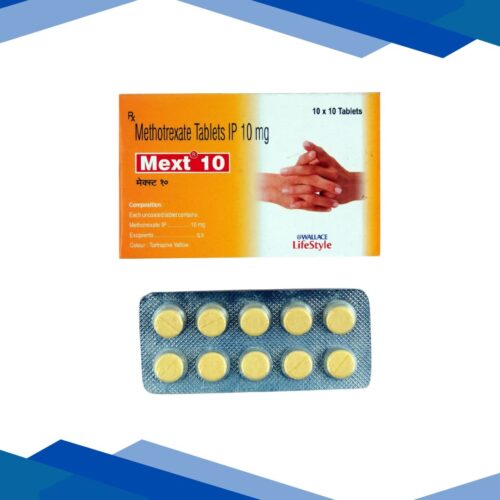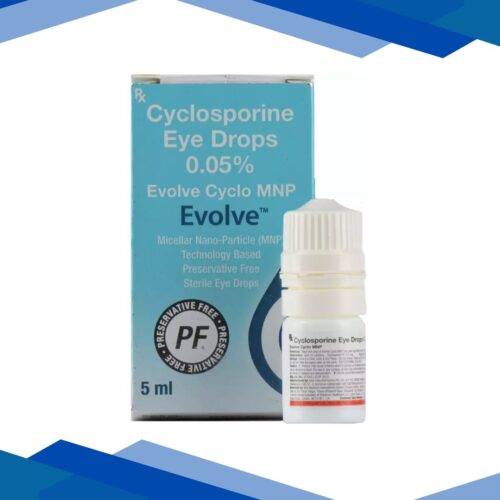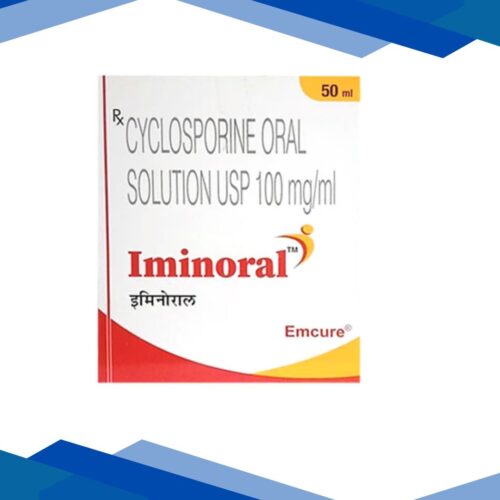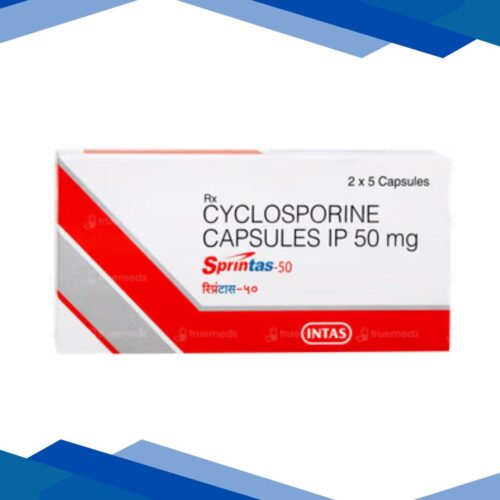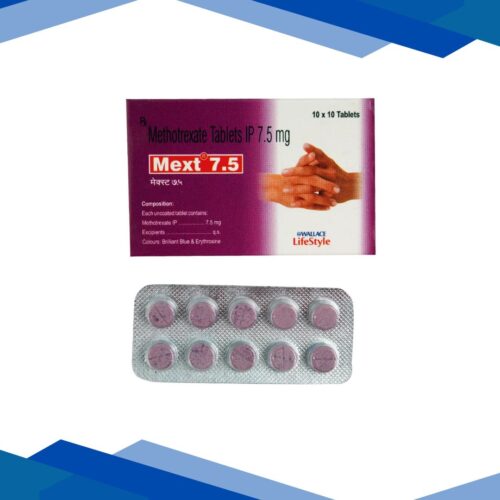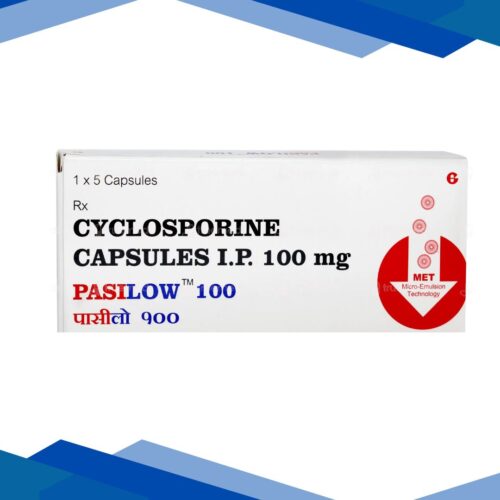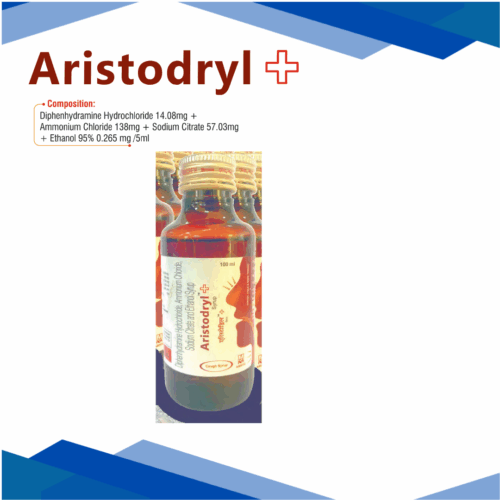ETHANOL
Overview
Ethanol is a clear, fast-evaporating liquid used in a variety of settings—from sanitizers and medicines to cosmetics and cleaning products. In the medical world, it’s often included as a base for liquid medications, a disinfectant, or an ingredient to help other substances dissolve and mix well.
Classification
Ethanol is a type of alcohol commonly used as a disinfectant, solvent, and preservative in medical and personal care products. It’s also known as ethyl alcohol.
Uses
Acts as a hand and surface disinfectant due to its ability to kill germs
Used as a solvent in cough syrups, tinctures, and other liquid medicines
Found in antiseptic wipes, sanitizers, and rubbing alcohol
Included in cosmetics, perfumes, and aftershaves as a base
Also used industrially in cleaning agents and fuel mixtures
How It Works
Ethanol works by breaking down the protective membranes of bacteria and viruses, effectively killing or deactivating them. As a solvent, it helps dissolve active ingredients so they can be absorbed more efficiently. It also evaporates quickly, leaving no residue behind.
Dosage
As prescribed by your doctor.
Side effects
Depending on how it’s used, ethanol may cause:
Dryness, redness, or irritation when applied to skin
Burning sensation on broken or sensitive skin
Headache or dizziness if inhaled in large amounts
If ingested inappropriately: nausea, vomiting, confusion, or drowsiness
Precautions
For external use only unless specifically formulated for consumption (e.g., in small amounts in medicines)
Keep away from eyes, open wounds, and flames or heat sources (it’s highly flammable)
Repeated use on skin can cause dryness or irritation—use a moisturizer afterward if needed
Not safe for children to ingest or use unsupervised
Avoid combining with other alcohol-based products unless advised by a healthcare professional
Store in a cool, dry place, out of reach of children
Disclaimer
This content is for informational purposes only. Always consult a healthcare provider for medical advice and proper dosage

